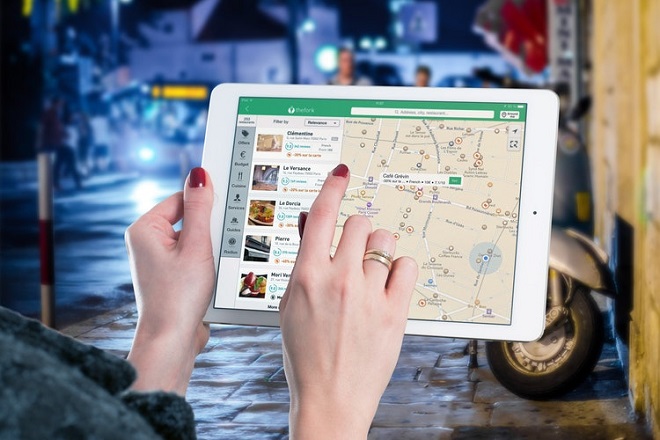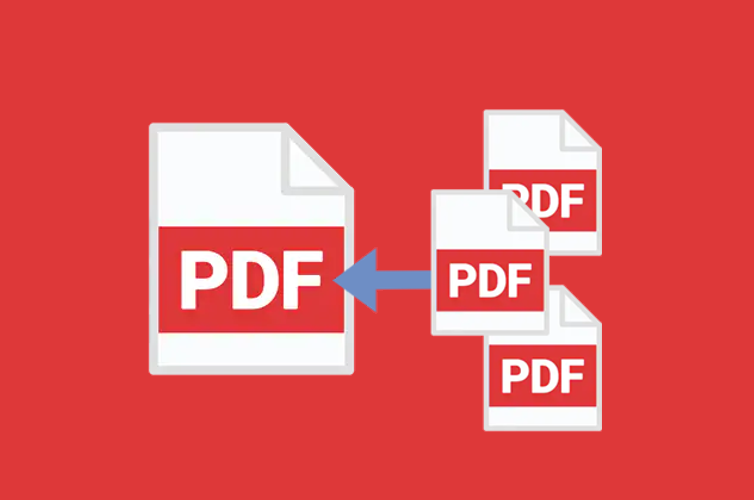Meetings are an essential part of any organization, no matter how big or small. In many cases, they determine the course a business takes. Major and minor decisions are taken in the meeting room all the time. However, many business meetings underutilize the power of meetings. Recent surveys show that holding ineffective meetings is one of the primary reason offices suffer from poor productivity. With these planning tips, you can hold a productive office meeting every time.
Have a Clear Objective & Share It
It is essential to know the purpose of each meeting. Ask yourself: Is this meeting necessary? Can it be avoided? Some meetings can be addressed over the email, such as deliberations to know the position of those involved. A meeting could then be held to carry out an official vote or to finalize a project decision. Determine what the objective of each meeting is, write it down, and share it along with the invite. This helps in preventing ambiguity and making sure that everyone is on the same page.
Choose an Appropriate Venue
A venue plays a huge role in meeting efficiency. Holding a meeting at a café in central London, for example, might be okay for start-ups which operate on a tight budget. But for serious meetings with clients or management, an appropriate venue is required. Your office may not be fully equipped to host a huge prospective client you intend to dazzle. In that case, simply log on to VenueFinder to find the perfect meeting rooms London has to offer based on your preferences. VenueFinder has over 17000 venues for any event in the UK and around the world.
Invite Only the Essentials
Avoid inviting people who have a tendency to hijack or derail your meeting. You know them – they talk a lot and are self-centered. Invite only the key people necessary for the meeting. If any of them attempts to derail the meeting, interrupt and call the meeting back to order.
Set a Time Limit & Stick to It
Productive meetings could be held in under 15 minutes, yet so many office meetings end up lasting anywhere from 30 minutes up to 2 hours. Given that everyone knows the agenda set enough time to run through the agenda with Q&As. Make it known at the beginning that you are timing the meeting. More importantly, stick to the time. If the time is not enough, you may adjourn the meeting for a later date. This will set the tone for all future meetings.
Follow up
It is not unusual for people to walk away from a meeting and not remember what the meeting was all about, what they were meant to do after or even be on different pages. As a moderator, it is your responsibility to follow up with each participant afterwards to ensure everyone is on the page and is reminded of what’s expected of them.
A good meeting is timely and straight to the point. Participants leave highly motivated with clear objectives on how to move forward. When done right, your meetings will become shorter but have lasting impacts on not just the participants but your business as a whole.












+ There are no comments
Add yours